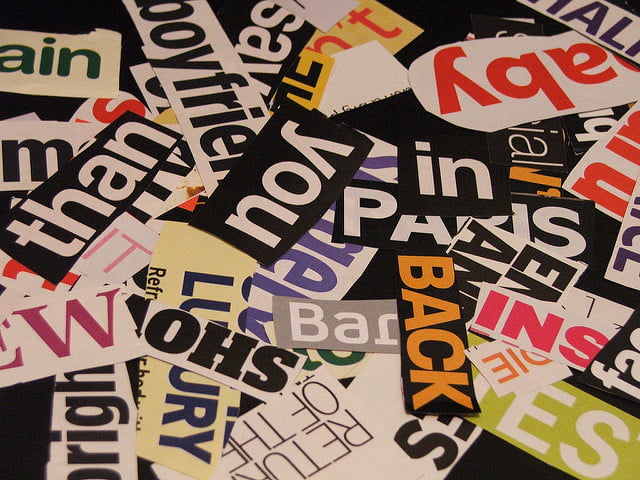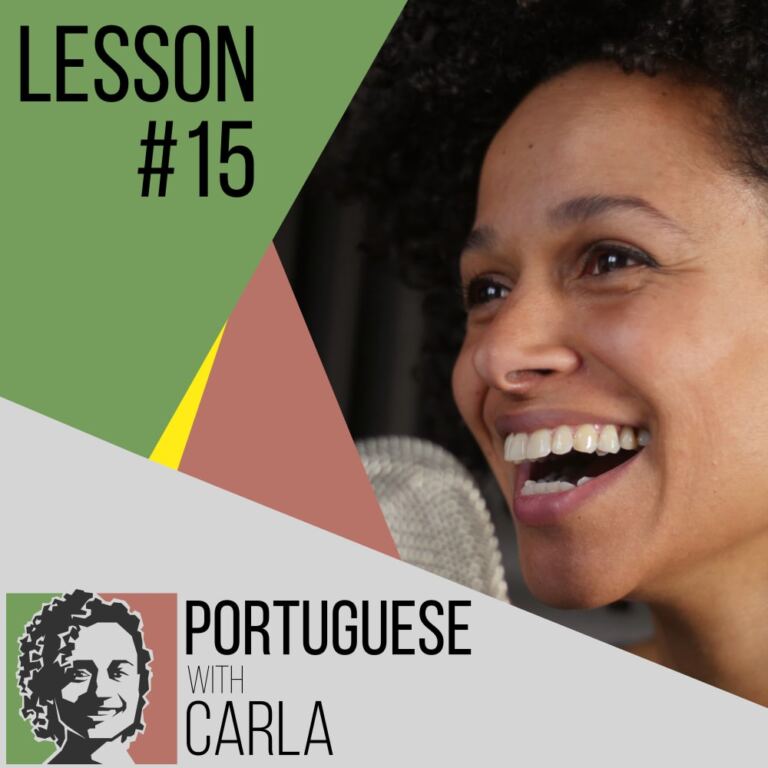Best Technique for European Portuguese Vocabulary Learning
Most European Portuguese vocabulary programs have you memorize random, unrelated words. And why not, words are just a bunch of letter combinations right? Not to the brain!
Years of careful and repeated research have clearly shown that you are better off trying to memorize words that are somewhat related.
What does science say about the way the brain stores vocabulary?
To borrow an exercise created by vocabulary expert Kevin Flanigan, read aloud the words below and then answer the question that follows as quickly as possible. Ready? Go!
Silk, Silk Silk
Silk. Silk, Silk
Silk, Silk, Silk
Silk, Silk Silk
Q: What do cows drink?
Did you by any chance answer “Milk”?
If you did, you would, as you’ve probably realized by now, be wrong. Cows give milk, they don’t drink it.
So why did you say “milk”? The answer lies in the way our brain works. Contrary to what many say, its modes operandi is not akin to a computer that just stores characters. Our brain can be likened more to a pattern-detecting machine.
So when I had you repeat “Silk”, I was actually priming your brain to think of words that are spelled and pronounced similarly, such as “milk”. Also, when I mentioned “Cow”, unconsciously, your brain activated related words in meaning, possibly “plains”, “grass”, “farm”, “cheese” and of course, “milk”.
Indeed, a pattern-detecting machine.
In practice, how can semantic chunking help you learn a language quicker?

I loath the word “miscellaneous”! One, because I never know how to spell it, and two, because of what it stands for: that disorganized shelf, where all the objects that are too niche in functionality end up. This is the shelf where I struggle to find objects that I know are there. Why? No categorization.
It’s so much easier to find an object when it is stored in a shelf that is properly categorized.
Our brain, it seems, functions the same way. So it would be advantageous to take this into consideration when trying to memorize European Portuguese vocabulary.
In practice: Instead of creating blocks of flashcards with random words, for example, organize them into strings of concepts. For example, have a block for things in the kitchen, one for positive traits of personality, another for transportation methods, and so on.
Apply this technique, known as semantic chunking, not just to flashcard exercises, but to any vocabulary-related program, such as your words notebook (check this article).
Here at Portuguese With Carla, we always take this into account when helping European Portuguese learners. It’s a no-brainer. Once you grasp its benefits and start applying this technique to your study habits, you’ll notice an increase in vocabulary retention, and your exercises will also become more engaging.
Want more tips like these? Make sure you subscribe to our podcast and check our other European Portuguese language learning tricks and techniques.






